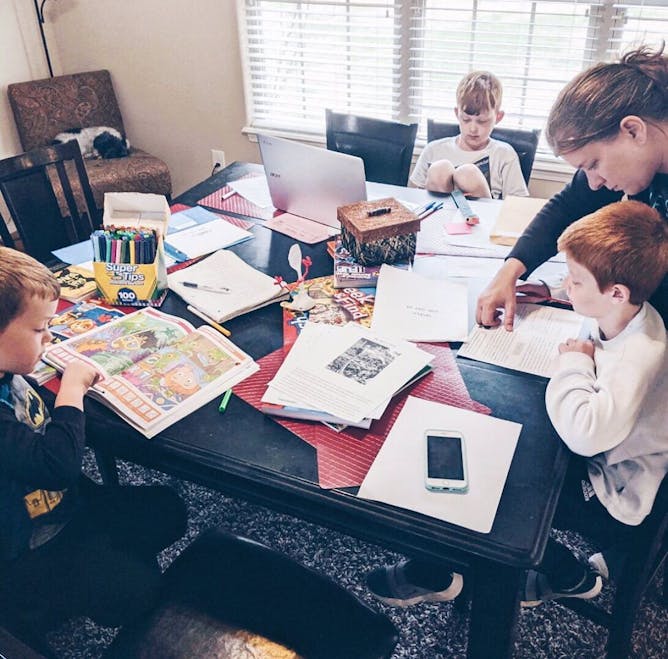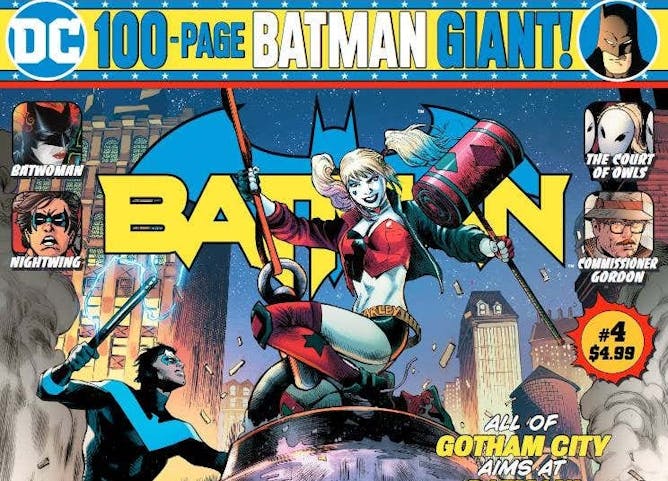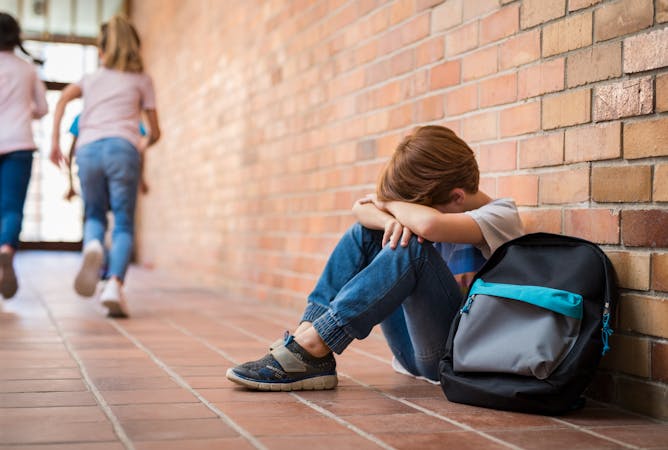|
If we thought the toilet paper shortage was a crisis, we definitely don’t want to experience a shortage of drugs. That’s why Canada’s COVID-19 Emergency Response Act included a clause that didn’t get a lot of fanfare, but is intended to prevent medication scarcity. Any number of things may cause a drug shortage, including supply chain issues, massive demand during a pandemic or even hoarding and stockpiling. Let’s not forget the number of people who stockpiled hand sanitizer in a frenzied panic. Imagine the demand for an effective drug to treat COVID-19.
Today in The Conversation Canada, Dr. Joel Lexchin of the University of Toronto explains why the act included compulsory drug licensing — which enables the government to license generic companies to produce drugs that are still under patent — and how it will help prevent and address drug shortages.
Also today:
Regards,
|

The COVID-19 Emergency Response Act enables compulsory drug licensing to help avoid medication shortages.
(Pixabay)
Joel Lexchin, University of Toronto
Toilet paper shortages were bad enough. A shortage of drugs during the COVID-19 pandemic would be worse. A provision in the Canadian government's relief package aims to prevent that from happening.
|

Businesses need to take instant action to prevent cash-flow insolvencies in the midst of COVID-19.
(Annie Spratt/Unsplash)
Matthäus Tekathen, Concordia University
Faced by a sales dip, business owners run quickly into a cash crisis. What can be done?
|

Jessica Peresta, a working parent in Lowell, Ark., is now homeschooling her small children while running her business.
(Jessica Peresta/Instagram)
Marisa Young, McMaster University
During this outbreak, parents are suffering. They are dealing with one of the most consequential impacts on psychological health amongst the modern-day workforce: work-family conflict.
|

An extended pause by the biggest publishers could spur comic creators to pursue new projects and accelerate a shift away from comic book stores. Here, the cover of Batman Giant #4, which was expected in stores this April 1, 2020.
(DC Comics)
Bart Beaty, University of Calgary
Neither the Second World War nor 9/11 stopped weekly comic book distribution to comic stores. But COVID-19 means production and distribution is now on hold, and the future of comics is up in the air.
|

Conservation is as much about the critical role of communities as custodians of biodiversity as it is about creating people-free zones.
(Quang Nguyen Vinh/Pexels)
Derek Armitage, University of Waterloo; Ella-Kari Muhl, University of Waterloo; Merle Sowman, University of Cape Town; Philile Mbatha, University of Cape Town; Wayne Stanley Rice, University of Cape Town
With the 2020 deadline for conserving biodiversity almost past, communities must now play a larger role in conservation.
|

Using apps like Boomy and Voisey, aspiring pop artists can now use their phones to record and distribute their music — no talent required.
(Shutterstock)
Marina Eckersley, University of Toronto
Aspiring singers can now use apps to record professional-sounding songs from their phones. This has the potential to disrupt the recording and publishing industry.
|

Un arrêt de plusieurs semaines pourrait avoir un impact dévastateur sur la motivation et l'apprentissage des élèves vulnérables.
shutterstock
Delphine Collin-Vézina, McGill University; Tristan Milot, Université du Québec à Trois-Rivières (UQTR)
Bien que la décision de fermer les écoles s’appuie sur des politiques de santé publique incontestables, il faut que le réseau de l'éducation puisse continuer d'accompagner les familles vulnérables.
|
COVID-19
|
-
Simon Mair, University of Surrey
We could use this crisis to rebuild, produce something better and more humane. But we may slide into something worse.
-
Klaus W. Larres, University of North Carolina at Chapel Hill
Germans are struggling like the rest of the world with the coronavirus. And while Germans have a strong safety net and medical system, one thing may fall victim to the virus: relations with the US.
-
Connor Bamford, Queen's University Belfast
Here's what protection from coronavirus looks like.
|
|